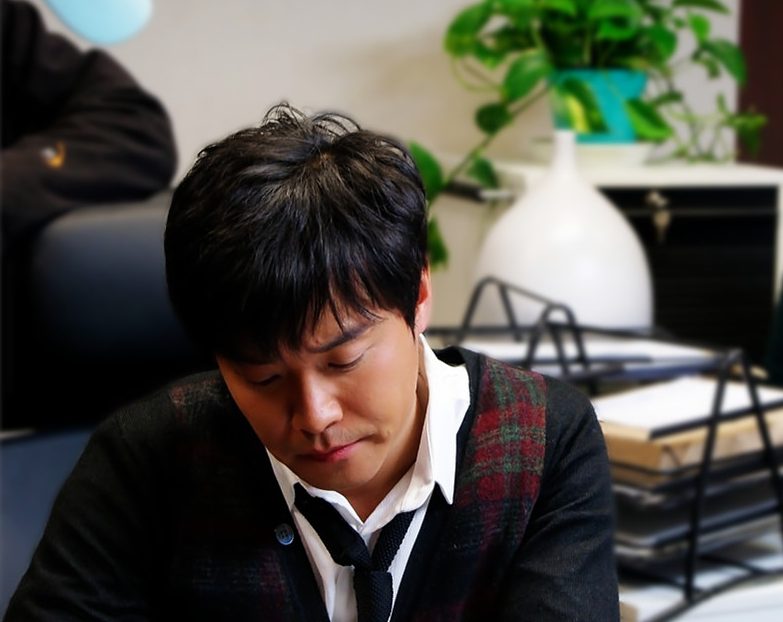Depicting characters who fail in their attempts to attain higher social status, film and TV evoke harsh realities of life in today’s China.
Around the turn of the century, many Chinese movies and TV shows started depicting young, white-collar workers in their struggle for social mobility. But this trend lost steam by around 2008, as storylines turned from channeling the lifestyles of the wealthy middle class to focusing on characters who are self-deprecating “losers” — new college graduates who fail to climb the social ladder mainly due to high cost of living in cities, even though they are well-educated.
While the struggles of white-collar staff in the workplace are still popular themes, they have taken on a much darker edge. In the popular drama “Beijing Love Story,” a young man from a rural family tries to make a living in Beijing after graduating from university. But he soon comes to the sobering realization that no matter how hard he works, he will never compete with his tall, handsome, and wealthy schoolmates and friends. He ends up a poor, low-level company employee — his dreams of success unfulfilled. Later, he gives up competing for the affection of his girlfriend against his boss’ son in exchange for a higher income and position within the company. As you might expect, this doesn’t make him any happier.
In another popular plotline of TV dramas set in China’s urban centers, the “losers” completely abandon their ambitions to wallow in self-hate and self-pity. Many Chinese coming-of-age movies — like 2013’s “So Young” and the “Tiny Times” series — portray high school as a time of purity and innocence, full of promises of everlasting friendship and the sweetness of young love. But once youngsters enter the adult world, they find it brimming with mutual deceit and selfishness.
Another example is the 2014 comedy “Breakup Buddies,” which shows how a “loser” comes to accept his fate as a failure rather than fight against it. The protagonist, Geng Hao, is an unsuccessful street performer whose beloved wife leaves him for a wealthier and more conventionally attractive man. In an effort to cheer him up, his friend Hao Yi takes him on a trip around the country in search of rebound relationships to heal his broken heart. But his encounters with women during their travels only lead to further embarrassment and heartbreak. In the end, Geng and Hao come to the realization that the purpose of the trip was to help the former accept his failed marriage, rather than save it.
Continue to read the full article Here.
This is original content by Sixth Tone and has been republished with permission.







